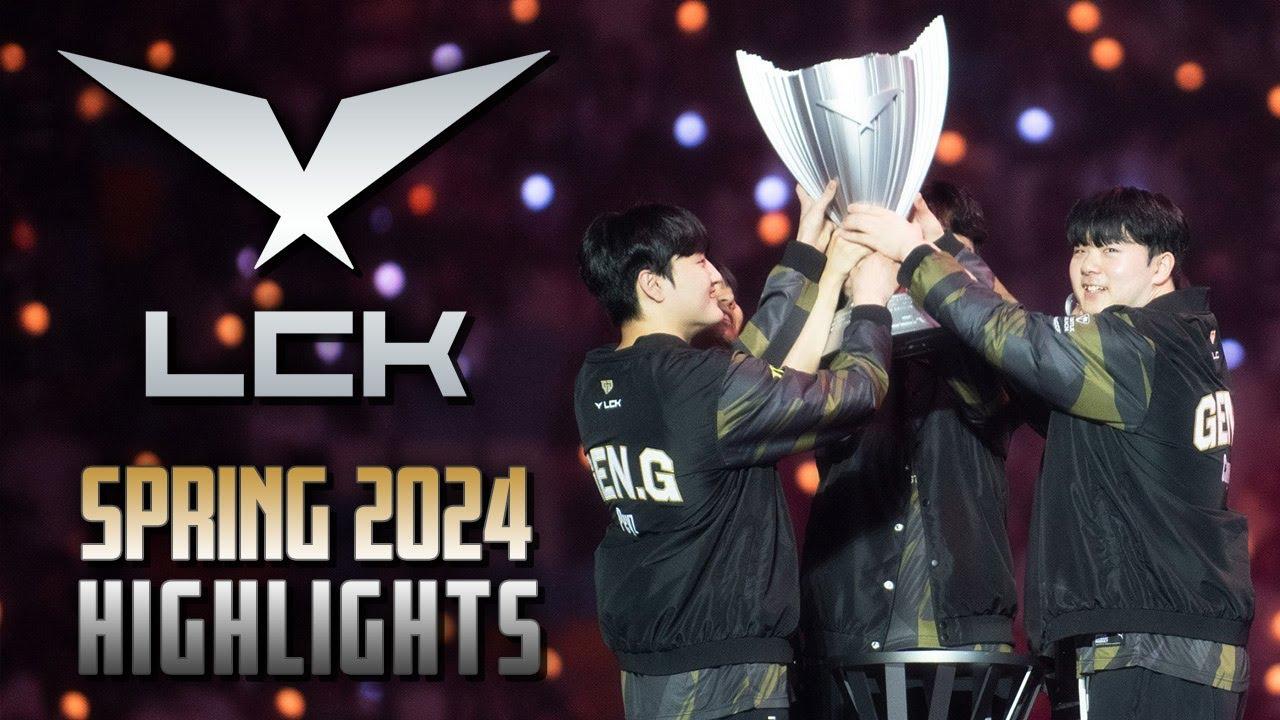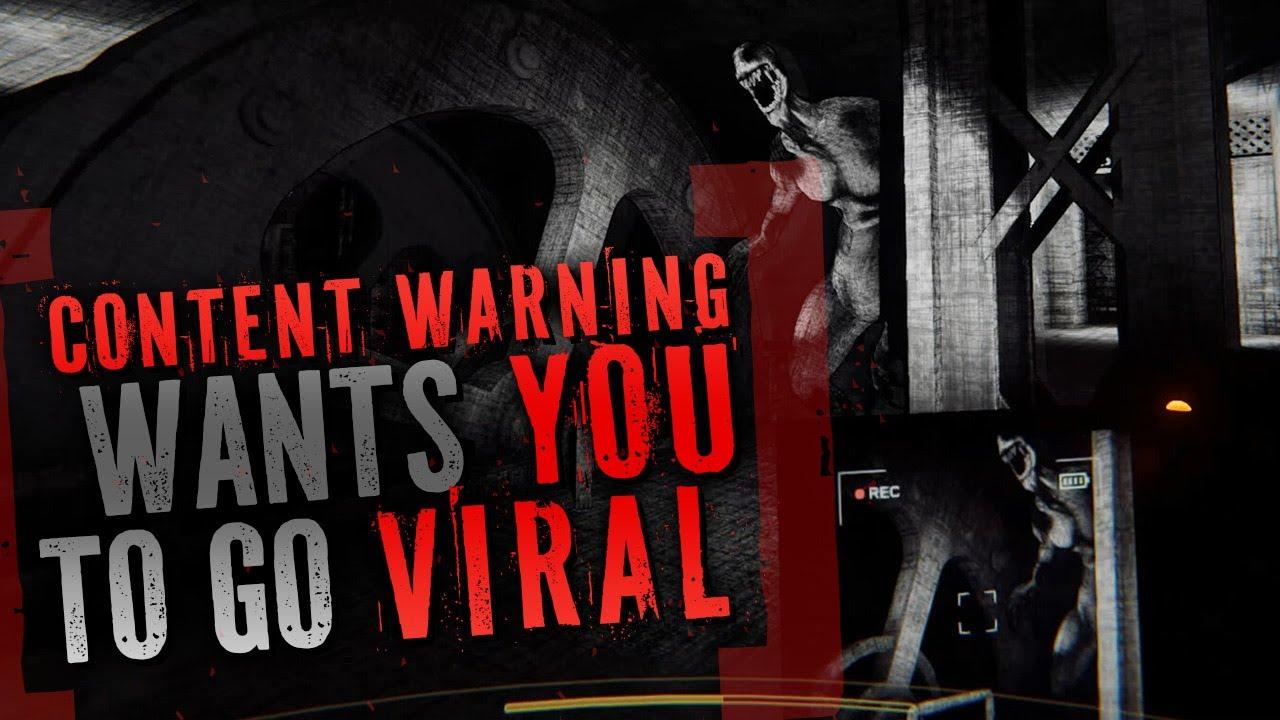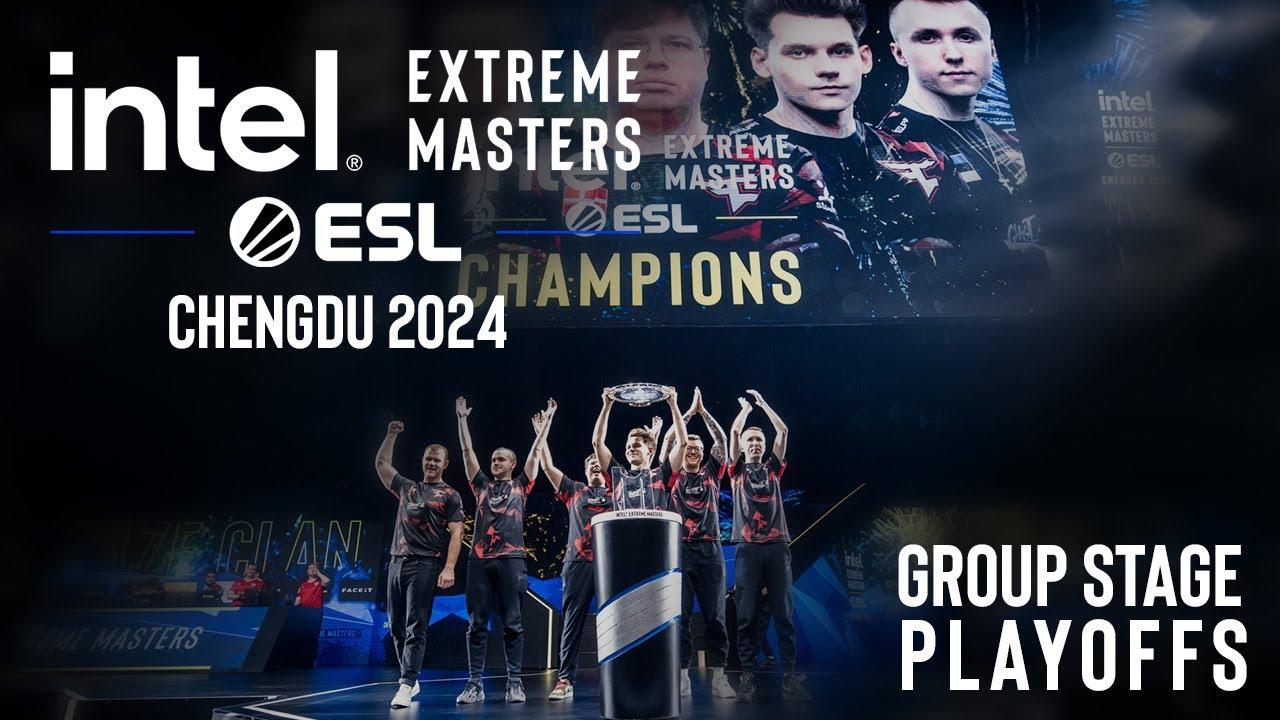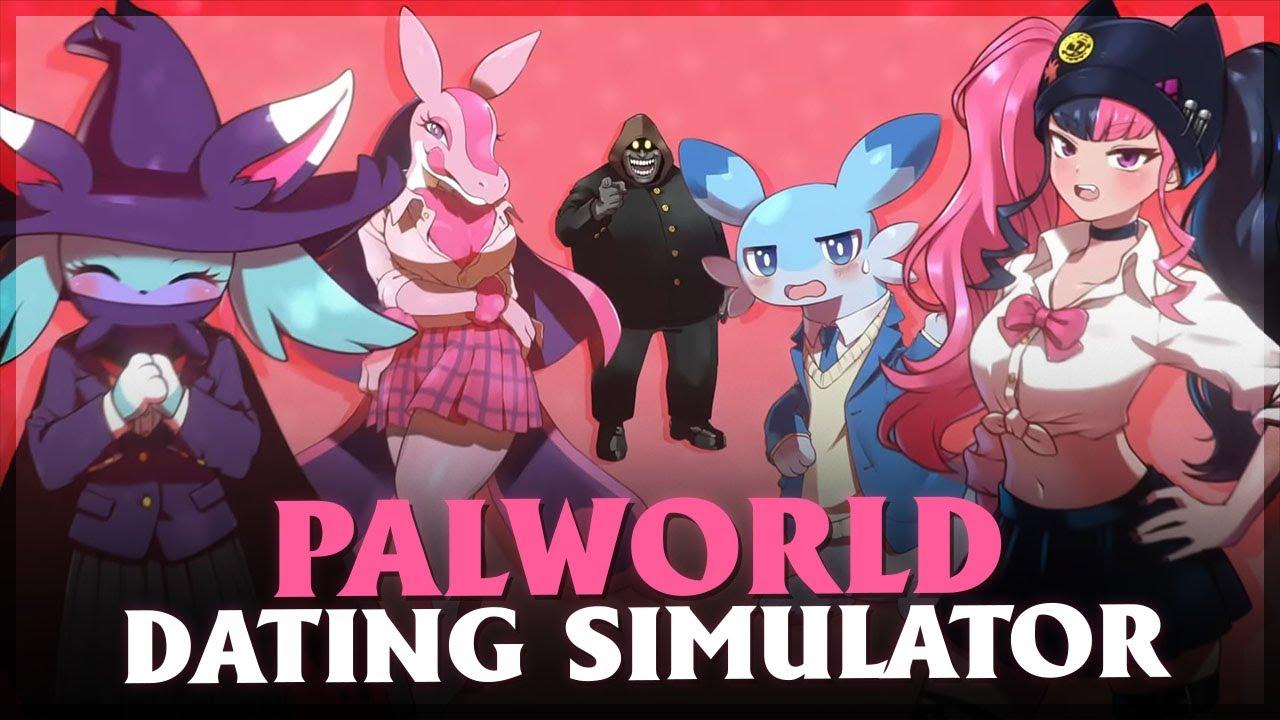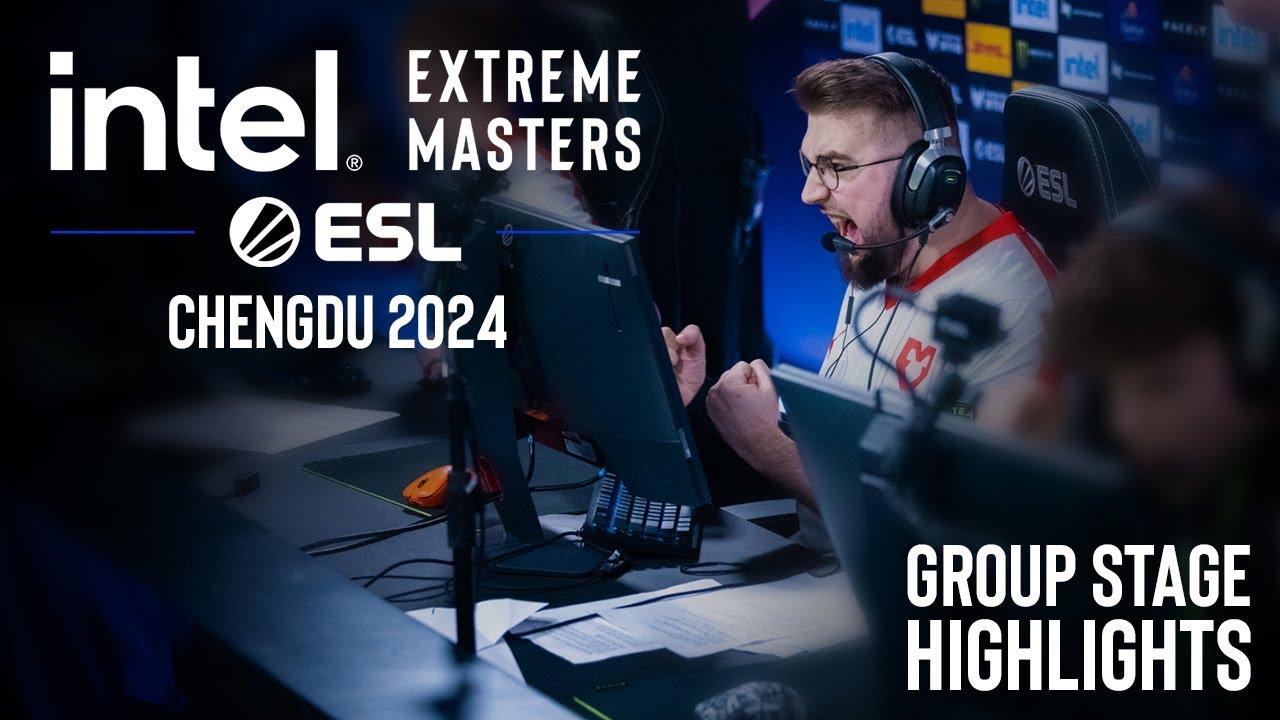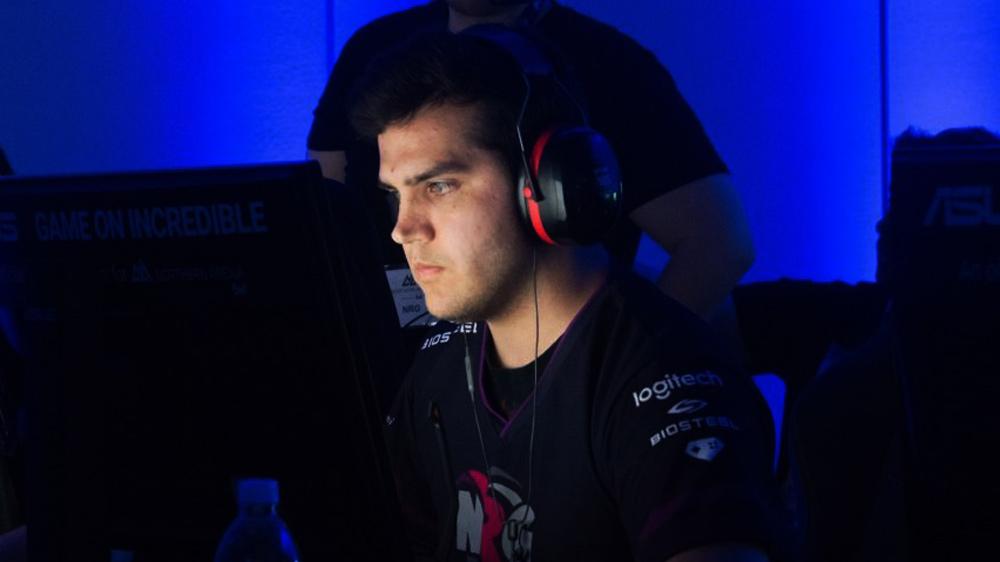
Fugly’s benching from Team Envy leads to huge drama on Twitter
Jacob “Fugly” Medina released a tell-all Twitter post on his time with Team Envy and it paints an unflattering picture for the organization.
Included in the story are allegations of a number of internal issues with the company, especially in regards to the structure of its Counter-Strike: Global Offensive team. Fugly’s post details an organization with deep-seated communication troubles and serious issues with inner turmoil.
Fugly puts the majority of the blame on in-game leader Noah “Nifty” Francis, citing his strong influence over the team. According to Fugly, the Envy players had decided in August that they perform better without Nifty and created a group chat without him to discuss changes.
What follows is a tale of twists and turns that lead to Aran “Sonic” Groesbeek, Bradley “ANDROID” Fodor, and Fugly being benched from the team with, little to no warning or contact from the Team Envy organization itself after several months of reassurances.
Though the post from Fugly is only one side of the story, these are explosive allegations from a top player at a time when Envy is in an unenviable position.
Envy may need to adopt a more traditional sports approach
Though time will tell how true Fugly’s story is, there is no question that there are often structural issues within esports organizations. Even large ones.
This case in particular suggests a lack of oversight within the Team Envy organization, possibly due to Envy’s other efforts which include the Overwatch League’s Dallas Fuel and the organization’s Call of Duty League franchise, Dallas Empire.
WIN.gg has reached out to both Team Envy managers that were released in December but did not hear back by the time of publication.
Counter-Strike has shied away from comparisons to traditional sports, content to live in the lawless space between legitimate and unsanctioned, but Fugly’s story shows that esports has evolved. Players are no longer living in frat-like gaming houses. They have families, mortgages, and lives to contend with. Gaming is no longer a hobby that pays, it’s a job that both the players and organizations must begin to take seriously.
Fugly’s story shows that when a player’s boss isn’t a general manager in the organization but a teammate and friend, things can get complicated quickly.
Sports are filled with teammates that couldn’t stand one another but put that to the side on game days. Strong leadership at the top is what made these teams successful, and it is clear that at least one Counter-Strike franchise lacks that. And they’re probably not the only one.
Recommended

All maps are now available in CS2, what does it mean?
Poor Inferno players.

Redline creator reveals a sequel skin for CS2
Maybe call it the Orangeline?
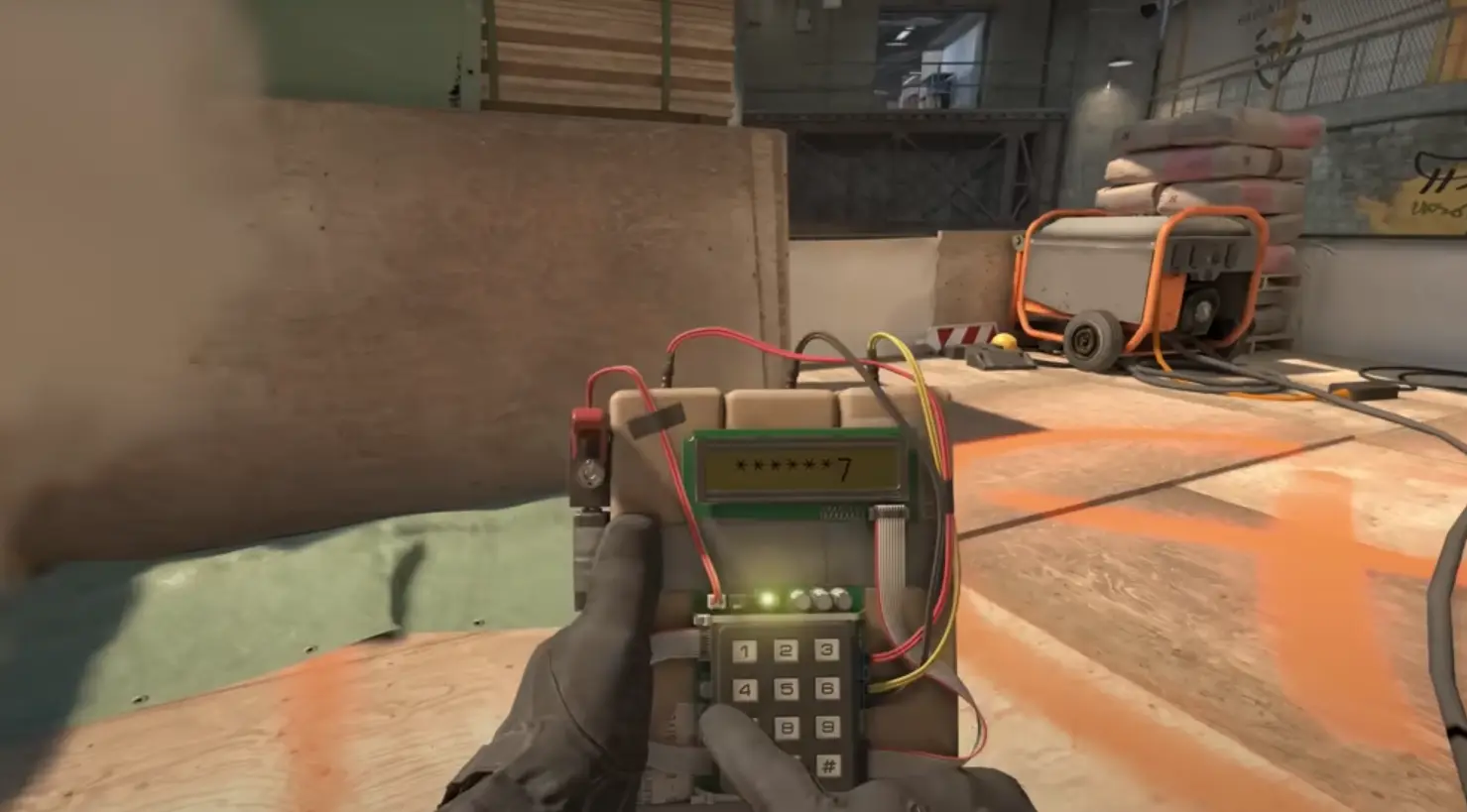
CS2 release date: Everything we know so far
Is it CS2-morrow? No, it is not.

